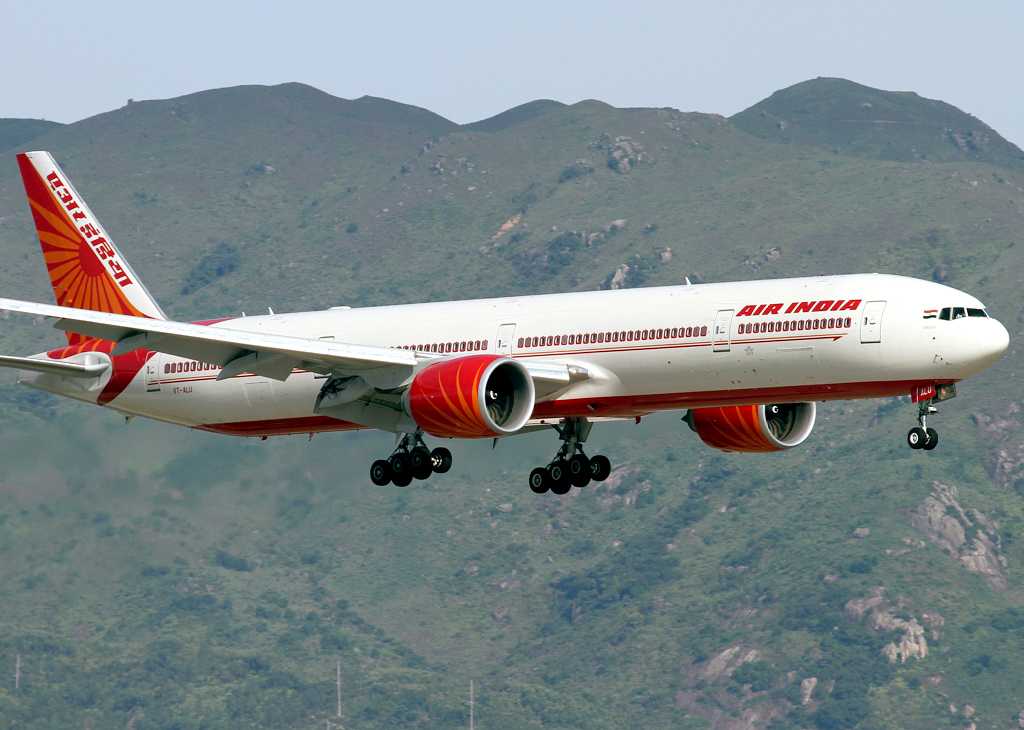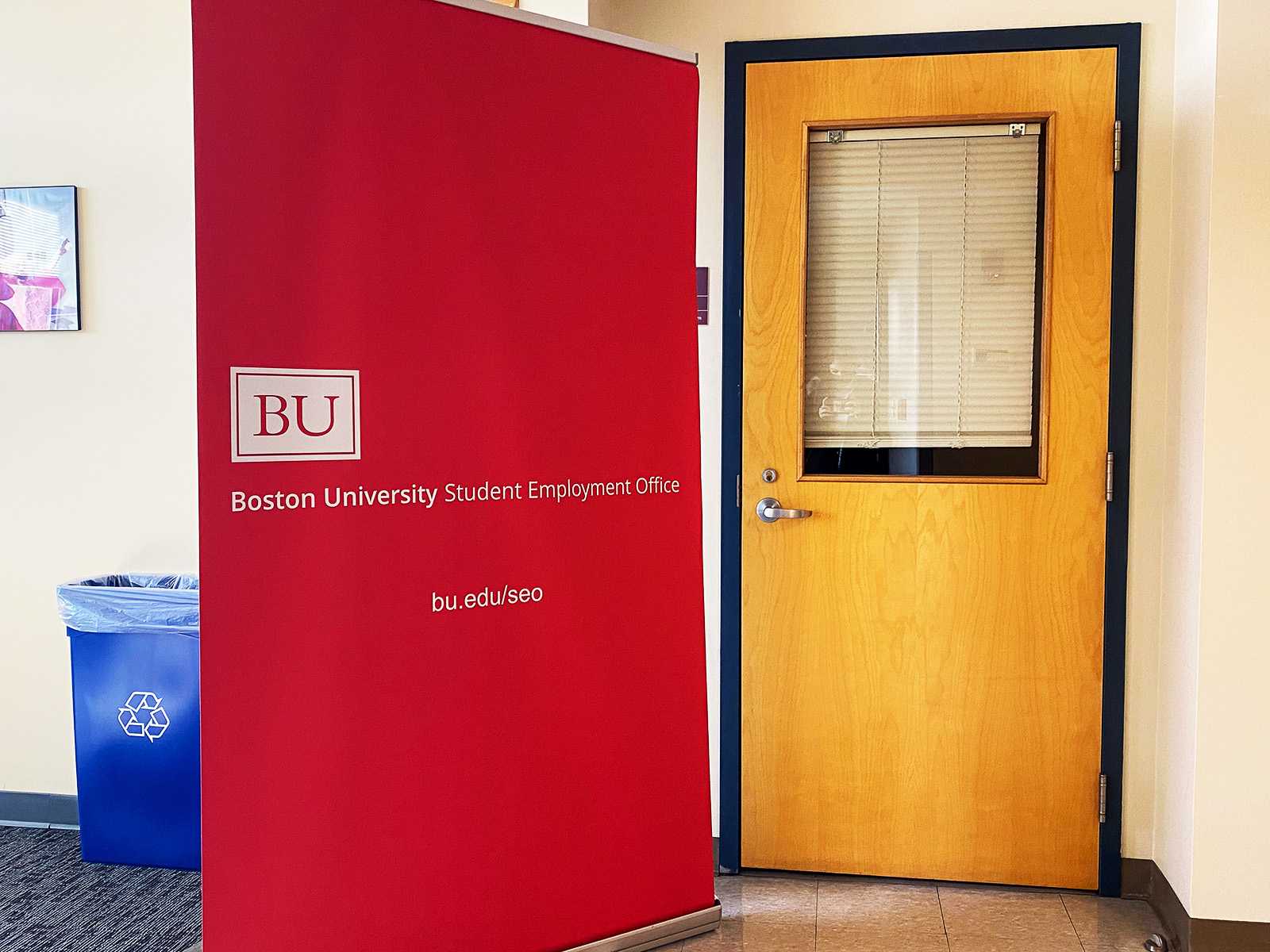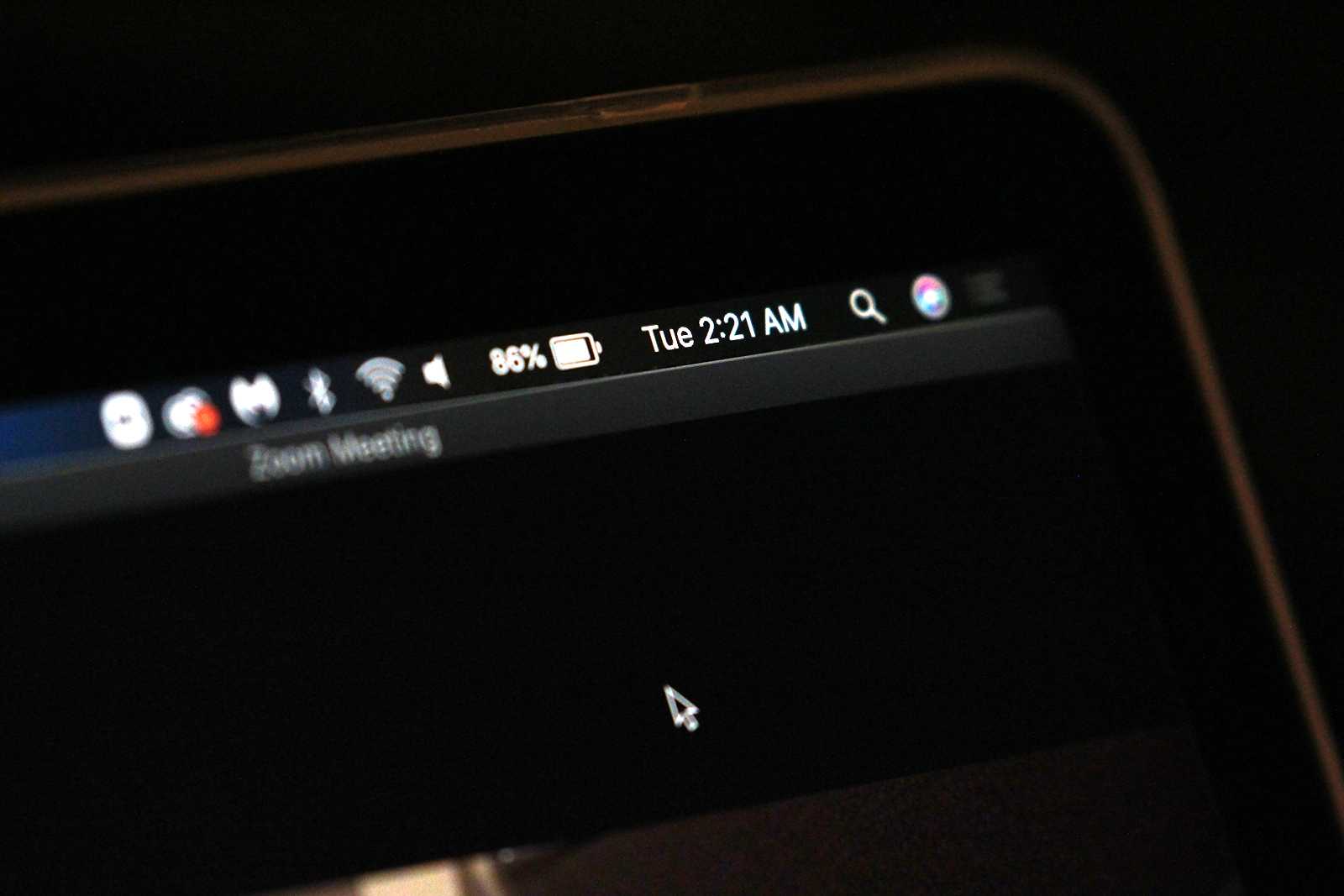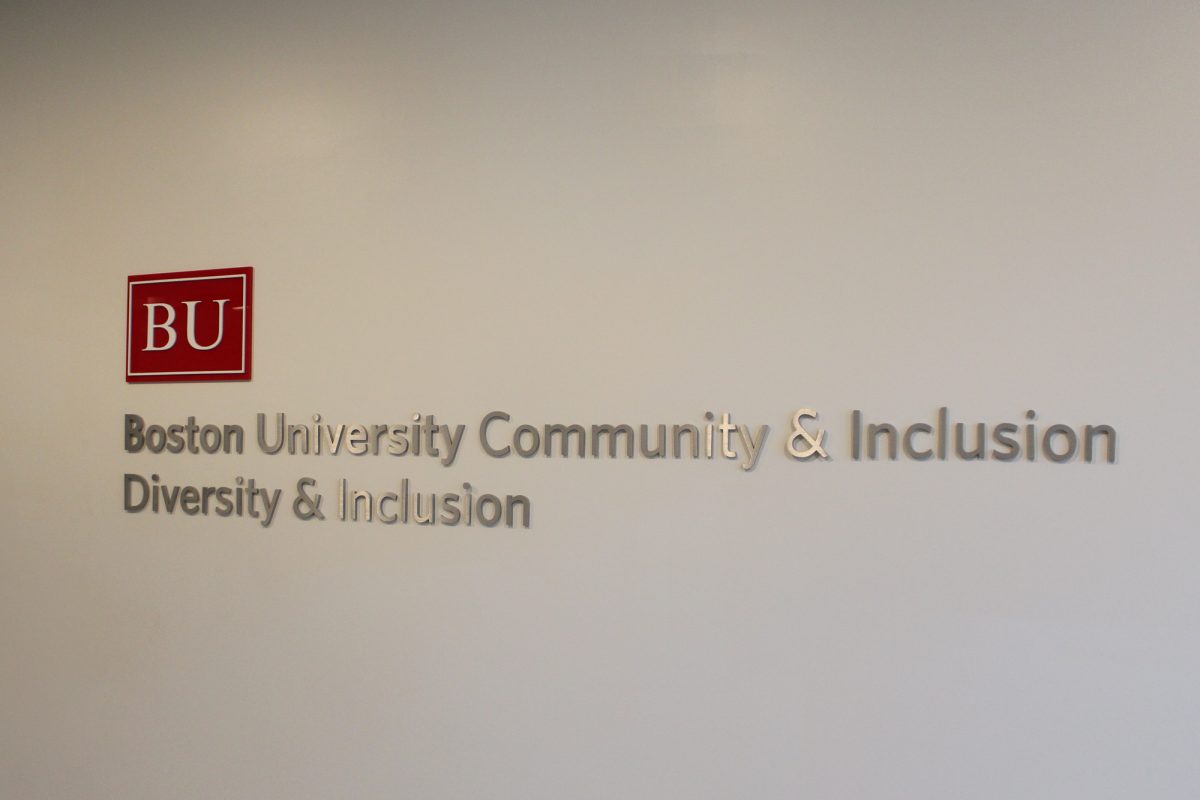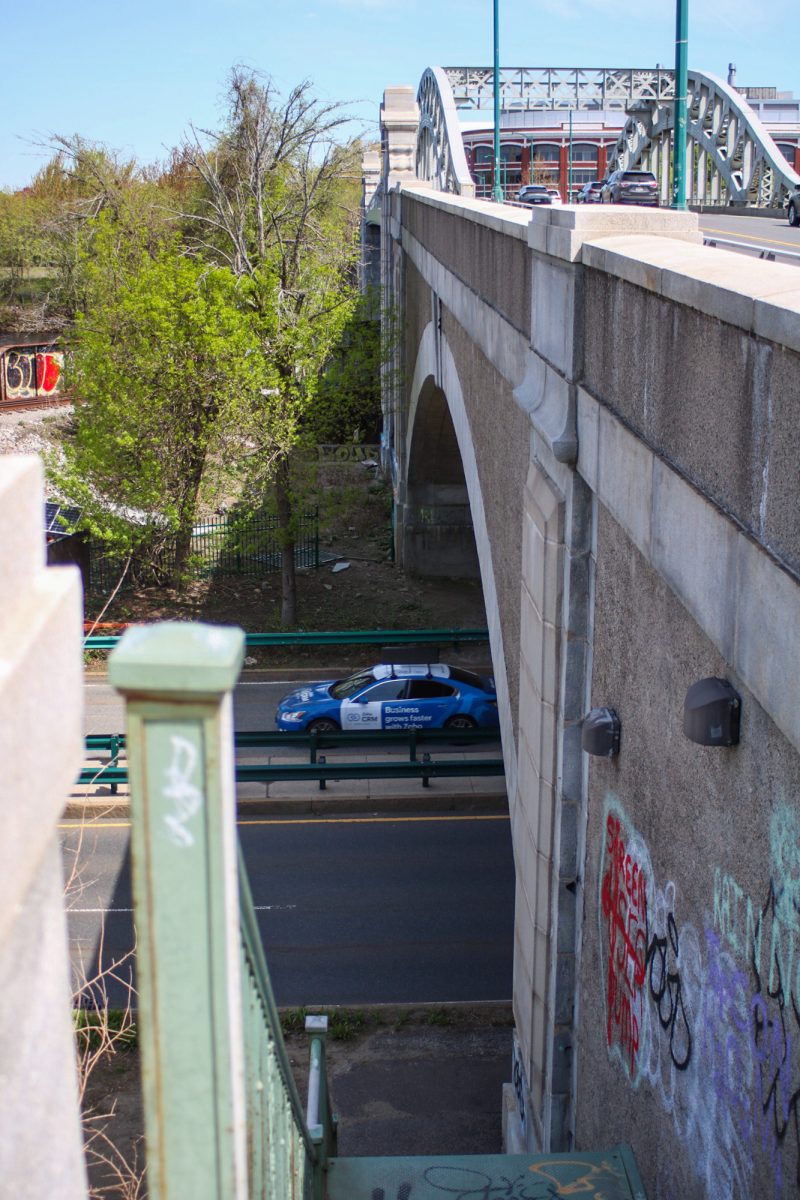Pope Benedict XVI’s resignation, which was announced Monday and stems from a lack of mental and physical strength, might result in the Catholic Church choosing a pope to better represent the current demographics of its membership, a number of Boston University professors said.
“Most Catholics at this point in time are mostly in developing countries so they are non-white,” said Susan Eckstein, a professor of sociology and international relations. “At some point there will likely be a selection of a pope that isn’t from Europe, isn’t white and is more representative of the changing social base of the church itself.”
At a small gathering of cardinals Monday morning, Pope Benedict, 85, announced in Latin he would be stepping down. He told cardinals he is no longer able to lead the world’s Roman Catholic population due to his advanced age.
His resignation will be effective as of Feb. 28, making him the first pope to leave the position before death in six centuries.
The last pope to resign from the papacy was Pope Gregory XII, who resigned in 1415 amid internal struggles and the Western Schism.
Pope Benedict, born Joseph Ratzinger, was appointed pope in 2005 after the passing of Pope John Paul II.
Eckstein said the Catholic Church has always chosen the same type of person to serve as pope, but now has the opportunity to choose someone outside that profile. Such a change might stem from similar changes in the electing body and could revitalize the church, but could also upset certain Catholics who would oppose an appointment of another race or ethnicity.
Nancy Ammerman, a sociology of religion professor, said the Pope’s resignation will provide the Catholic Church with options regarding a new pope’s race or ethnicity.
“This does provide the Roman Catholic Church with an interesting opportunity,” she said in an email. “The Church is growing significantly outside Europe, and this would be an opportune moment for the cardinals to turn to the South for a new pope.”
Ammerman said the incoming pope still must contend with the aftermath of the Catholic Church’s sexual abuse scandals and the disillusionment of lay Catholics in the U.S. and in Europe.
Ray Hart, a professor of theology, said the pope’s resignation was significant in its rarity and because of what Pope Benedict contributed to the church.
“Ratzinger was the first eminent technical academic theologian to ascend to the papacy in many generations,” Hart said in an email. “He was the first pope to understand the rampant nihilism in the late-modern context that horizons all forms of Christianity.”
Luke Walsh, a School of Education freshman who identifies as Catholic, said he hopes the new pope will continue Benedict’s attempt to modernize the church.
“Pope Benedict was really good at trying to modernize the church — he got his Twitter a couple months ago,” Walsh said. “It’s going to be cool to see if the new pope follows his lead and tries to keep the church modern and applicable to our everyday life.”
He said while Benedict’s resignation will not change the Catholic belief system, it could change the church in other ways.
“I would hope that with a new pope, focus could turn towards transparency and a realignment with the principles that make the Catholic Church so important to so many people — a commitment to service, love, forgiveness, hope and faith,” said Philip Herrera, a Sargent College of Health and Rehabilitation Sciences freshman, in an email.
Herrera said a newly appointed pope could tackle existing issues and take the correct course of action.
“As long as the church remains resolved in its message and mission, it could come out on the other side even stronger than it is today,” he said.
Kim O’Connell, a College of Communication sophomore who also identified as Catholic, said she was surprised by the pope’s decision to step down.
“I don’t think it affects me personally, but maybe my grandmother who is very religious and goes to church during the week and every Sunday is probably not too pleased with someone who is supposed to be guiding all the Catholics of the world,” she said.
O’Connell said a pope, upon accepting the position, accepts it knowing that he must take on the responsibility until his death.
“It’s a part of their calling and he should carry out his responsibilities,” she said. “No matter what struggles you’re facing and any conflicts that come up, you’re supposed to work that because it is your calling.”
Brian Latimer contributed to the reporting of this article.














































































































